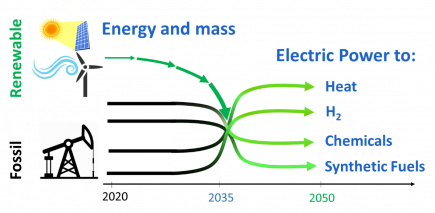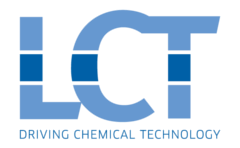Science publication on how the Chemical industry can be electrified

(31-07-2019)
Kevin Van Geem, Vladimir Galvita, Guy B. Marin have outlined in their “perspective” paper , just published in Science, that gradual electrification of the chemical industry offers opportunities to reduce CO2 emissions and at the same time increase the competitiveness of the process industry. With the swiftly decreasing cost of electricity from renewable sources, resistive heating becomes an environmentally and economically appealing solution to supply the heat required for strongly endothermic industrial processes, on the path towards a more sustainable society. In the authors' opinion this green electrification of the process industry will be driven by innovations in science and technology. The discovery and development of advanced processes, catalytic materials and technologies will enable an economically sound production of CO2-neutral fuels, chemicals, and consumer products. According to Van Geem et al. we could also use green electricity to resolve some of the most challenging global issues first: electro-chemical conversion of water, CO2, and N2 into fuels and base chemicals like hydrogen, carbon monoxide, methanol, di-Methyl-ether, light olefins and ammonia. In this way substantial mitigation of global climate changes become feasible in without affecting our quality of life.
